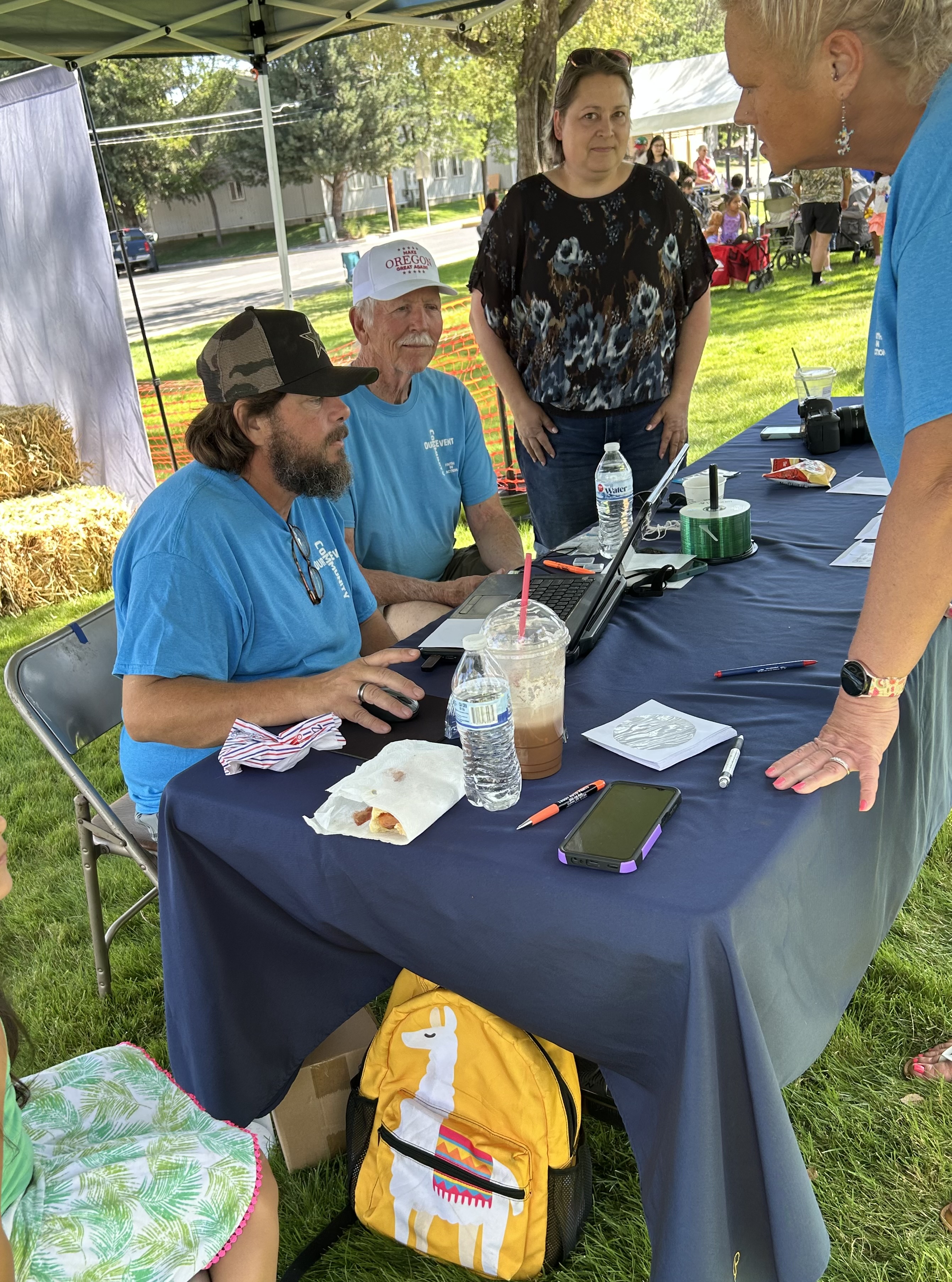Consultants recommend spay/neuter clinic as animal services are reevaluated
Published 10:48 am Friday, May 23, 2025
After months of research and on-site visits, a national consulting team from Maddie’s Million Pet Challenge has presented Jefferson County and the City of Madras with a report that provides a detailed roadmap to improve animal welfare services in the county — and it does not include reopening the now-vacant animal shelter as a traditional kennel.
The MMPC team, made up of experts from Team Shelter USA, the University of Florida, the University of California at Davis, and Open Door Veterinary Collective, delivered its findings in March following consultations with five Central Oregon animal welfare organizations, including Humane Society of Central Oregon and Brightside.
Their core recommendation: repurpose the shuttered shelter building on McTaggart Road into a high-volume spay and neuter clinic, rather than retrofitting it to house animals long-term in a traditional animal shelter model.
Trending
“High spay-neuter rates mean fewer animals overall and correlate to reducing shelter intake,” said Dr. Sara Pizano, a veteran shelter consultant with over 35 years of experience, during a February joint meeting with county and city officials. “It’s the best investment you can make for your community.”
Rethinking sheltering
The report emphasizes shifting the community’s approach from warehousing stray and surrendered pets to one that supports keeping animals in their homes whenever possible.
“This is a 150-year-old problem with a system that doesn’t work,” said Pizano. “We need to transition from sheltering all animals to supporting people so shelters remain available for the pets that truly need it.”
The MMPC team recommends launching subsidized spay/neuter programs for high-risk pet populations. For a community the size of Jefferson County, best practice guidelines suggest budgeting for 127 to 250 targeted surgeries per year. For Madras, that translates to 40 to 80 surgeries annually.
The report suggests the county’s clinic would prioritize large dogs, outdoor cats, and animals from households experiencing financial hardship. Consultants also encouraged pursuing grant partnerships to help offset the cost of setting up a clinic and providing low-cost services.
Trending
While the county has faced challenges since ending their contract with Rock’n EZ Rescue Ranch in mid-2024, MMPC praised the region for its current partnerships — particularly with BrightSide Animal Center in Redmond, which is sheltering dogs for the county as part of an agreement created when the shelter closed in June 2024.
The McTaggart Road facility has remained unused since last summer, and plans to find a new kennel provider have been delayed due to unforeseen infrastructure issues, including HVAC and drainage problems.
The MMPC report suggests the building is better suited to serve the public through services like spay/neuter surgeries, vaccinations, or a pet food pantry, rather than housing animals.
To improve services, the report also encourages funding a dedicated “Safety Net” position — someone trained in both field services and animal welfare who can help residents access resources like pet food, veterinary care, and rehoming tools before surrendering their animals. The position, which Pizano recommends not be tied to law enforcement, would focus on community response and connecting animal owners with resources to better care for and keep their animals at home.
The report also emphasized the importance of a strong digital presence. Updated city and county websites could include guides for finding lost pets, rehoming options, and community cat management information.
The numbers
The MMPC report notes that while call volume for animal-related enforcement is relatively low — only 31 bite or attack reports in the last year — existing 911 data lacks detail, such as animal species or complaint type. Better categorization and long-term tracking are needed to fully understand the scope of local needs.
The report shows there were 597 calls to law enforcement about animals, including all species and livestock from Feb. 1, 2024 and Feb. 1 2025.
While the data they used is pulled from local dispatch, some community members say it doesn’t represent the full picture, and the community has shifted to using other methods like Facebook and handling stray animals themselves.
From July 2024 to Dec. 31 2024, the city and county transported 75 animals to Brightside animal shelter in Redmond as part of an agreement with the county after the shelter closed. Brightside data shows during that time period the city brought in 11 dogs and 21 cats, including nine stray dogs, 14 stray cats, one seized dog, one surrendered dog and seven surrendered cats. The county brought in 43 animals, six stray dogs, one surrendered dog, 30 stray cats and six surrendered cats.
These numbers do not include animals brought in by non-law enforcement from Jefferson County.
Next steps
The city and county continue to weigh options for the shelter building, which has required more extensive HVAC and drainage repairs than originally expected.
“There is no magic solution,” said Pizano. “The conversations happening in Jefferson County are happening everywhere. The good news is, there are proven strategies and real success stories we can learn from.”
The MMPC team will provide pro bono consulting support for a full year and is expected to continue working with county and city leaders, local nonprofits, and the public on next steps.








